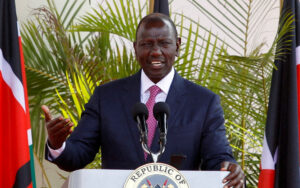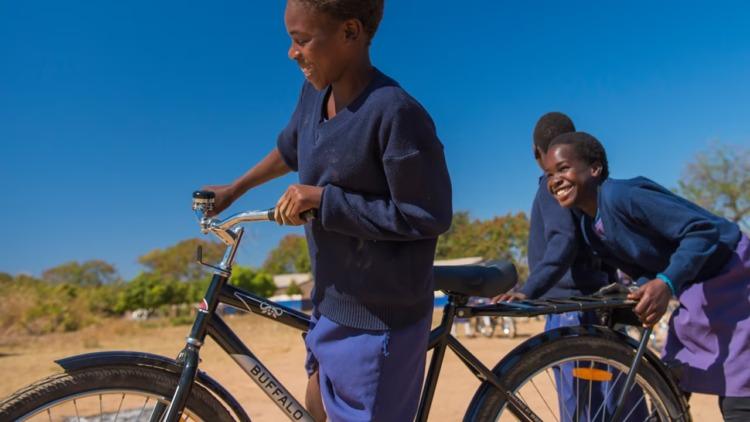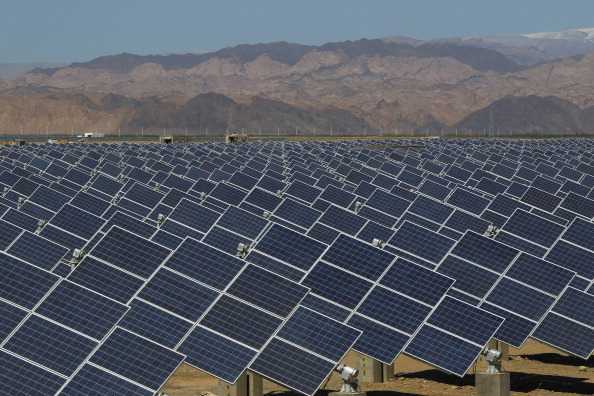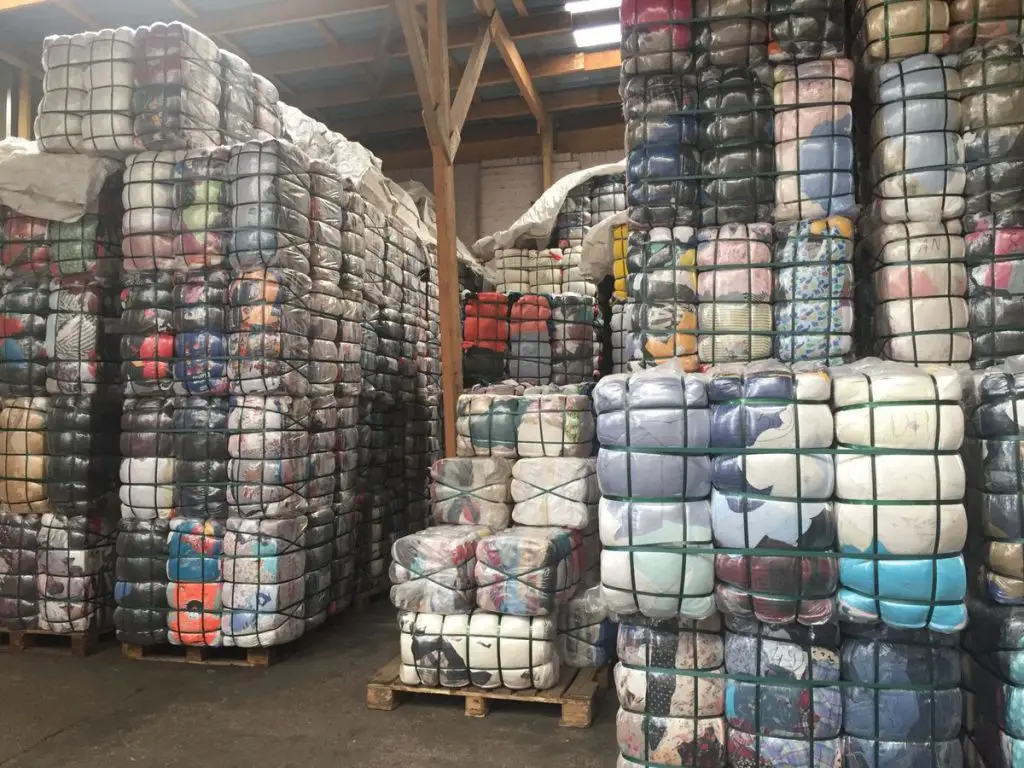- Artificial intelligence (AI) could create a turning point for financial inclusion in Africa
- AIM Congress 2024: Catalysing global investments with awards
- Kenya’s economic resurgence in 2024
- The most stressful cities to live in 2024 exposed
- Tech ventures can now apply for the Africa Tech Summit London Investment Showcase
- State of journalism survey 2024 shows media houses are lagging in AI adoption
- Forum sets the stage to unleash global potential for startups during AIM Congress 2024
- Consumer Expenditure in Kenya on a Six-Month High
Browsing: USAID
The world today is at a crossroads dealing with numerous crises including the decades-long climate crisis which has led to unprecedented biodiversity loss and rising inequalities among other challenges.
In 2019, the Covid-19 pandemic struck knocking everything off balance.
It is against this backdrop that the UN climate change conference (COP26) is taking place in Glasgow, Scotland.
As the world is resurging from the negative economic effects of the pandemic, the COP was a good place, and in good time, to help the world reset when it comes to matters climate change. One of the biggest casualties of the pandemic was transport which badly affected value chains as logistics became impossible.
Making non-motorised transport chic
Globally, transport is one of the biggest contributors to pollution. To address this challenge, the world has slowly been making positive steps towards making non-motorised transport chic in a bid to cut down …
Around the world, food systems and supply chains come in different shapes and sizes. And so too do food safety problems and their solutions.
In high-income countries, food supply chains are long and complex but also highly regulated and closely monitored. In low- and middle-income countries, major cities host similarly modern and regulated supply chains serving the growing middle and upper classes. But they also host traditional markets, often open-air, made up of unregulated small businesses with basic infrastructure. These markets provide many people with an income and are also where most people, especially the poor, buy their food.
These informal businesses face food safety challenges because they lack refrigeration units, have food that is exposed to the elements and stalls are, in general, rudimentary structures. This doesn’t necessarily mean that they’re always unsafe, and formal markets with modern infrastructure are safer.
However, informal businesses do lack regulation and their …
Liberia, Africa’s oldest republic has been endowed by abundant renewable energy that could enhance power generation, and African Development Bank (AfDB) just approved a $34.74 million grant and loan to boost renewable energy access as well as investment in the country.
According to AfDB statement, during the first project (Renewable Energy for Electrification in Liberia) over $ 33 million—in grant from AfDB and strategic climate fund scaling-up renewable energy program, will be targeted at supporting renewable energy sector.
Further, the approved funds will go towards construction of a mini dam on the St. John River in Nimba County in northeastern Liberia and the development of the Gbedin hydropower Falls with a total capacity of 9.34 megawatts of power, to be transmitted through an 8 km, 33kV line connecting 7,000 households.
According to US Agency for International Development (USAID), Liberia has one of the lowest electricity access rates in the …
Sub-Saharan African clothing and footwear market is worth $31 billion US dollars and growing. In a series of articles about the industry in Sub Sahara Africa, we will explore the policies, trade and the budding creative fashion industry in the region. This is the second part of the series where we focus on the raw material for the textile industry.
Read the previous series: Africa Fashionomics: Making sense of the $31 Billion industry
Also: Africa Fashionomics: Not enough materials to support a budding textile industry
And also: Africa Fashionomics: Business of Fashion in Africa led by Ethiopia
East African Community had one ambitious goal; to get rid of second-hand clothes in the region and shield their nascent textile industry from adverse effects of these clothes from U.S and Europe. The goal was already set and the countries would effect a hike on the duty charged on second-hand clothes. East African …
Tanzania is one of the eight African countries which are to benefit from the African Development Bank`s (AFDB) new grant projects funded by the Agriculture Fast Track Fund (AFT) in support of agribusiness Small and Medium-sized Enterprises (SMEs).
According to a statement issued on 11th March, 2019, the pan African bank is next week expected to launch 17 new grant projects which are to be implemented in eight African countries – Tanzania (4), Ghana (4), Burkina Faso (2), Malawi (2), Mozambique (2), Ethiopia (1), Nigeria (1) and Senegal (1).
The AFT fund is managed by the agriculture and agro-industry department of the African Development Bank. It supports the development of a strong pipeline of `bankable` agriculture infrastructure projects and assists African agribusiness SMEs in project preparation activities to ease their take-off. The fund is supported by the governments of the USA (through USAID), Denmark (through DANIDA) and Sweden …








